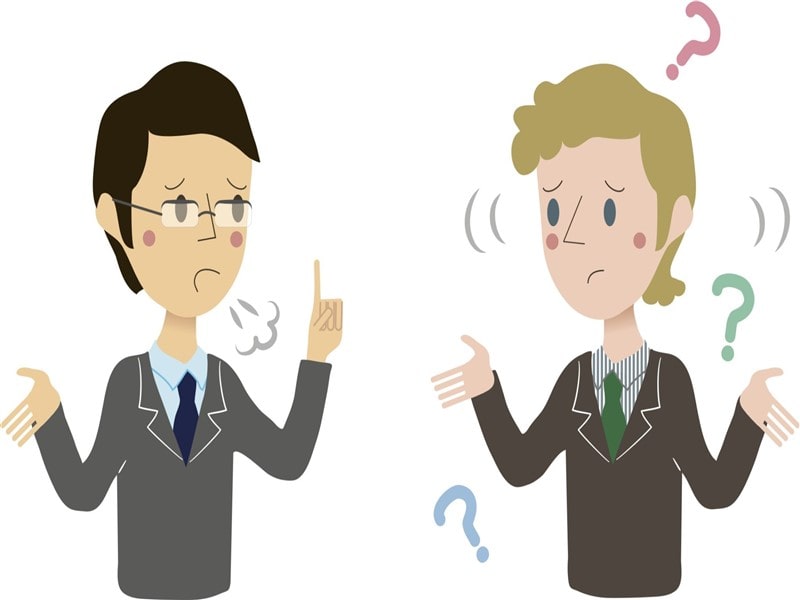Understanding the psychology of others plays a crucial role in determining the success of communication. Recognizing this importance, how can one accurately understand and read the personality of others? Let’s explore how to grasp the psychology of others through the content of the article below.
Ways to Understand the Psychology of Others:
- Be Objective and Open: Before attempting to read others, you must cultivate an open mind. Don’t let emotions and past experiences influence your impressions and opinions. Evaluating people too quickly can lead to misunderstandings. Be objective in approaching interactions and situations.
- Pay Attention to Appearance: Observing the outward appearance of others is a way to understand their psychology and engage in conversations with strangers. For example, someone with a loose, comfortable outfit in a hip-hop style may be perceived as easygoing and individualistic, while someone with a polished and elegant appearance may be meticulous and careful.
- Observe Body Language: Analyzing the posture of individuals reveals a lot about their attitudes. For instance, a person with a lifted head might indicate confidence, while hesitant or withdrawn steps could signal insecurity, embarrassment, or low self-esteem.

- Listen to the Tone of Voice: The tone and volume of someone’s voice can convey their emotions during initial communication. Pay attention to how their voice influences you. Is it cheerful and enthusiastic, or does it sound angry and uncomfortable?
- Focus on Eye Contact: Eyes are often considered the windows to the soul, emitting powerful, positive energy. Spending time observing someone’s eyes can help you interpret various emotions such as fear, anxiety, deception, happiness, or excitement.
- Observe Foot Position During Conversations: When joining a group conversation, cutting off discussions abruptly is impolite. Instead of becoming disruptive, pay attention to their body language. If someone turns their upper body and gazes at you while keeping their feet unchanged, it may suggest disinterest in your participation. Conversely, if they are open and turn both body and feet, it signals a willingness for you to join the conversation.

- Repeat What the Other Person Says to You: Two-way interaction between the speaker and the listener makes the speaker feel appreciated. Repeating what the other person says in your own way shows genuine interest and attentive listening, creating a positive impression.
- Observe Body Language: Body language is the most authentic signal of a person’s mood and emotions. Small gestures on the body can reveal the weaknesses of others. For instance:
- Turning Away Horizontally: If someone turns away during communication, it means they are not interested in the stories you share. It may indicate boredom or discomfort with the presence of others.
- Handshake: During communication, if the other person wants to shake hands with you, it indicates that they trust you and want to build a good and lasting relationship with you.
- Crossing Arms: This is a very familiar gesture in daily life. Crossing arms signifies discomfort, even anger, and carries many negative meanings.
Effective Questions to Understand the Psychology of Others:
To effectively understand others, you can ask questions like:

- “What do you think about this issue?” – This question helps you grasp the other person’s opinion and provide an appropriate response.
- “Have you ever experienced a similar situation before?” – This question helps you understand the other person’s experiences and perspectives.
- “How do you feel facing this situation?” – This question helps you learn about the emotions and mood of the other person.
- “What do you think we can do to solve this problem?” – This question helps you find suitable solutions to problems together.
- “What is your opinion on these solutions?” – This question helps you evaluate proposed solutions and find the best approach.
- “What do you think we can do to improve the current situation?” – This question helps you identify ways to improve the situation.
- “Do you feel comfortable and confident with your decision?” – This question aims to understand the self-confidence of the other person.
- “What do you expect to happen in the future?” – This question helps you understand the desires and plans of the other person.
Conclusion: Through this article, Unica has guided you through eight ways to understand the psychology of others, providing answers to the question of how to predict the psychology of others. Hopefully, this information is useful to you. Additionally, observational skills play a crucial role in presentations. During presentations, you must observe the audience’s reactions to adjust your responses appropriately. Refer to public speaking courses to enhance your situational handling skills and confidently speak in front of an audience.
